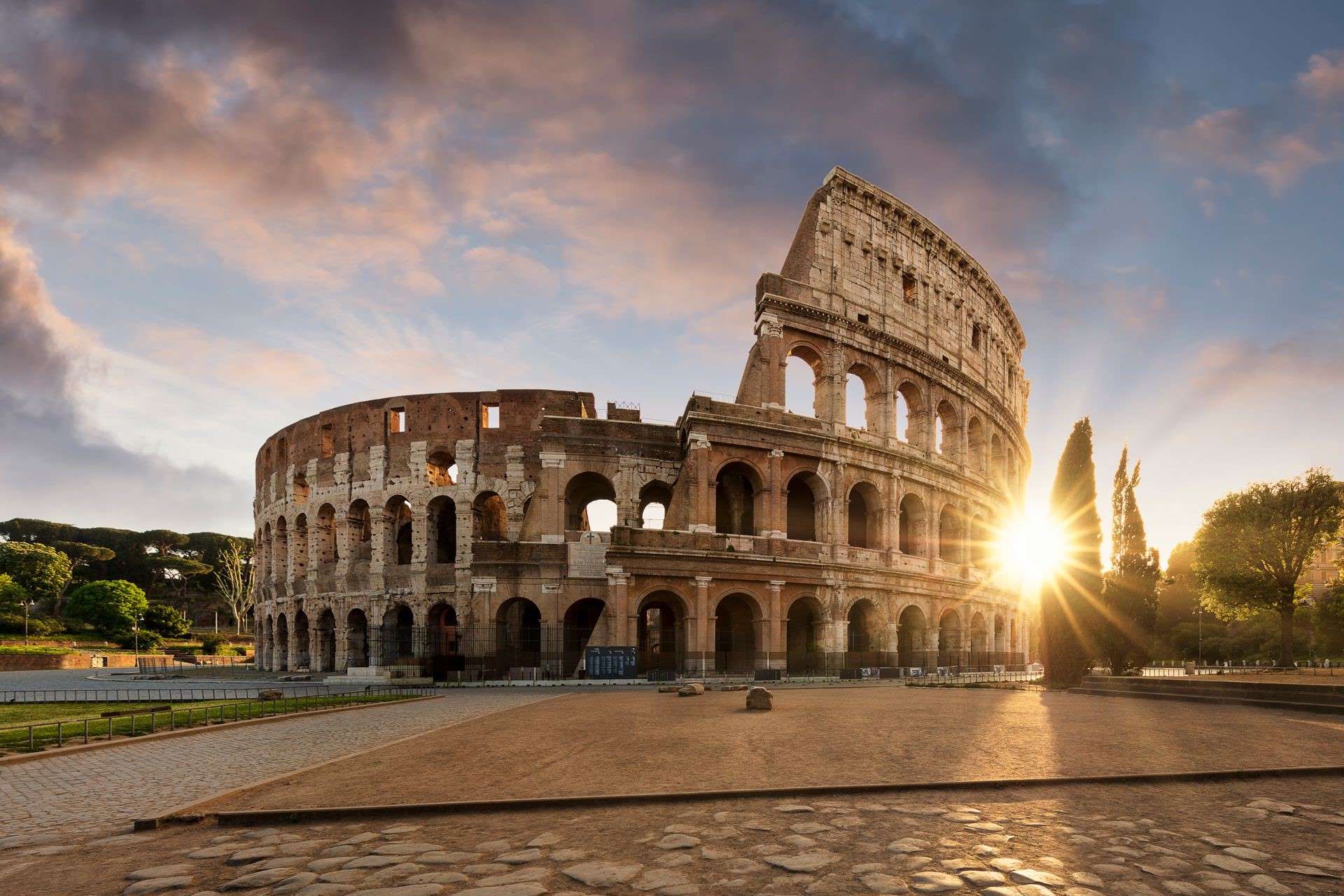The Fascinating Story Behind ‘Rome Wasn’t Built In A Day’

Ever heard the saying, "Rome wasn't built in a day"? This phrase reminds us that great things take time. But where did it come from? The saying dates back to medieval times, highlighting the effort and patience needed to achieve something remarkable. Rome, one of the most iconic cities in history, took centuries to develop into the powerful empire we read about today. From its grand architecture to its influential culture, every piece of Rome's legacy was crafted with care. Understanding the origins of this phrase can inspire patience and perseverance in our own lives. Let's dig into the story behind this timeless saying.
The Origin of the Phrase
The saying "Rome wasn't built in a day" has been around for centuries. It reminds us that great achievements take time. But where did this phrase come from? Let's explore its roots.
Ancient Rome: The phrase likely originated from the immense effort required to build Rome. The city, with its grand architecture and infrastructure, took centuries to develop.
Medieval Europe: The earliest recorded use of the phrase in English dates back to the 12th century. French monk Alain de Lille wrote, "Rome ne fu[t] pas faite toute en un jour," which translates to "Rome wasn't built in a day."
Renaissance Literature: The phrase gained popularity during the Renaissance. Writers and scholars used it to emphasize patience and perseverance in their works.
The Meaning Behind the Phrase
Understanding the deeper meaning of "Rome wasn't built in a day" can help us appreciate its wisdom. This saying teaches valuable life lessons.
Patience: Achieving something significant requires time. Just like Rome, great things can't be rushed.
Perseverance: The phrase encourages us to keep going, even when progress seems slow. Success often comes from consistent effort over time.
Planning: Building Rome took careful planning and execution. Similarly, achieving our goals requires thoughtful preparation.
Modern Usage of the Phrase
Today, "Rome wasn't built in a day" is used in various contexts. It serves as a reminder to stay patient and persistent.
Personal Development: People use the phrase to remind themselves that self-improvement takes time. Whether learning a new skill or breaking a bad habit, patience is key.
Business and Projects: In the business world, the phrase is often used to emphasize the importance of long-term planning and sustained effort.
Education: Teachers and students use the saying to highlight the importance of steady progress in learning. Mastery of a subject doesn't happen overnight.
Cultural References
The phrase "Rome wasn't built in a day" has appeared in various forms of media, reflecting its enduring relevance.
Literature: Many authors have referenced the phrase in their works to convey themes of patience and perseverance.
Film and Television: The saying has been used in movies and TV shows to illustrate characters' journeys and struggles.
Music: Some songs incorporate the phrase to emphasize the importance of taking time to achieve dreams.
Lessons from Rome's Construction
The construction of Rome offers valuable lessons that align with the phrase's meaning. These lessons can inspire us in our own endeavors.
Collaboration: Building Rome required the efforts of many people working together. Collaboration can lead to great achievements.
Innovation: Rome's builders used innovative techniques and materials. Embracing new ideas can help us overcome challenges.
Resilience: Despite setbacks and obstacles, Rome continued to grow and thrive. Resilience is crucial in the face of adversity.
The Timeless Wisdom of Patience
The phrase "Rome wasn't built in a day" reminds us that great things take time. This saying has roots in the long, complex history of Rome, a city that took centuries to become a symbol of power and culture. Whether you're working on a personal project, learning a new skill, or building a business, patience and persistence are key. Quick fixes and shortcuts rarely lead to lasting success. Instead, steady progress and dedication often yield the best results. Next time you feel frustrated by slow progress, remember the builders of Rome. They laid each stone with care, knowing their efforts would stand the test of time. So, keep going, stay patient, and trust the process. Your own "Rome" will be worth the wait.

